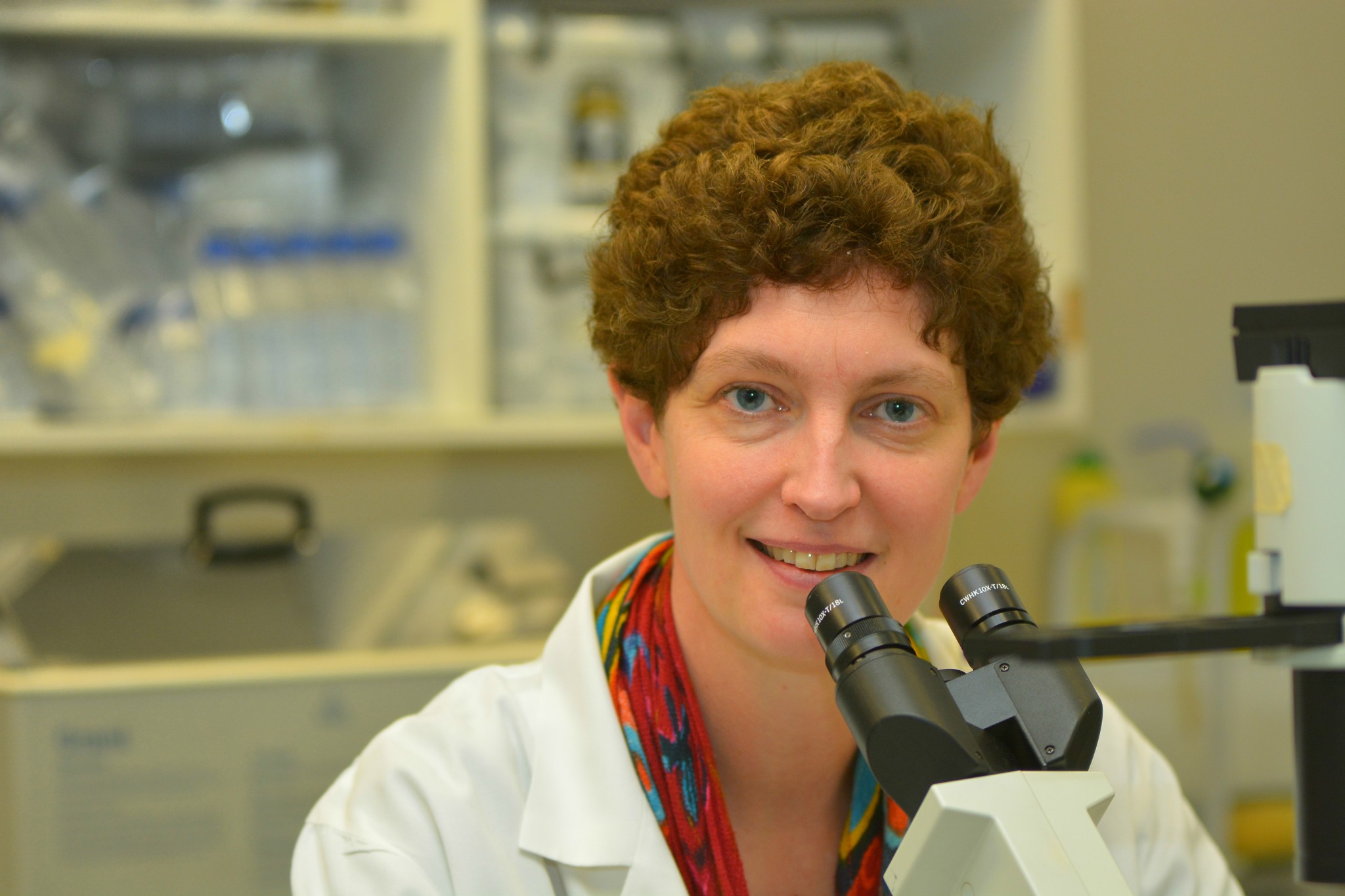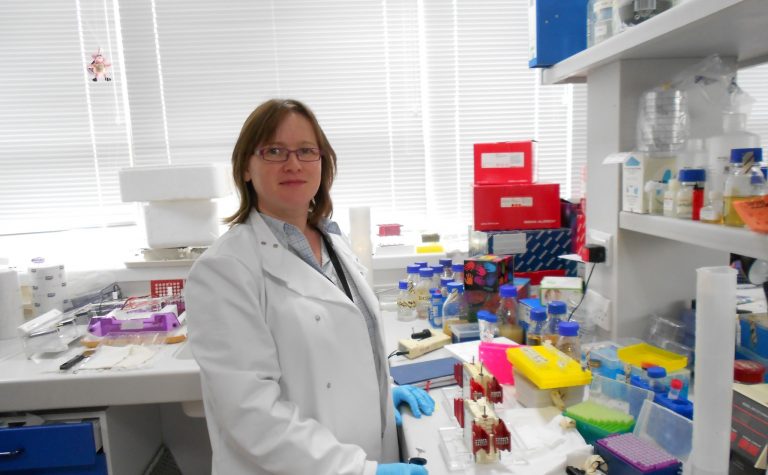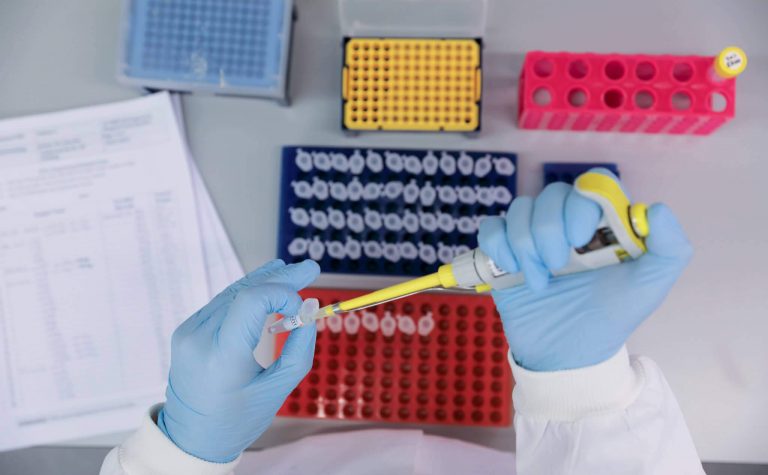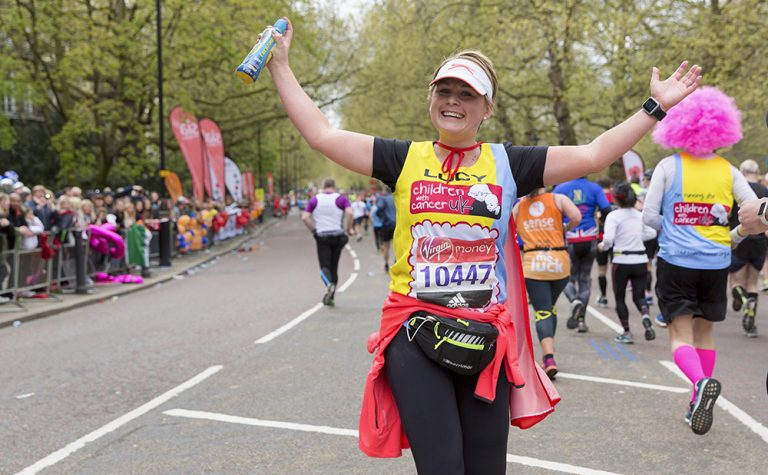About the Research Team
This research team has unique expertise in design and development of immune cell-based treatments. Dr Karin Straathof is a Wellcome Trust Fellow at the UCL Great Ormond Street Institute of Child Health, with more than 15 years’ experience in the development of cellular and immune treatments for cancer. She is working with Dr Martin Pule – an expert in the design of BiTEs and other T-cell immunotherapies – and Professor John Anderson – a clinician-academic paediatric oncologist who leads immunotherapy for solid cancers at Great Ormond Street Hospital. Professor Anderson is the lead investigator of a study of T-cells reprogrammed to recognise and kill neuroblastoma tumour cells that opened in 2016. He treats a large number of children with neuroblastoma and has essential experience in the design of clinical studies and implementation of new treatment strategies into clinical care.


